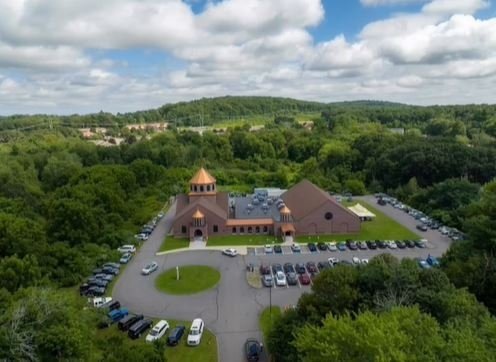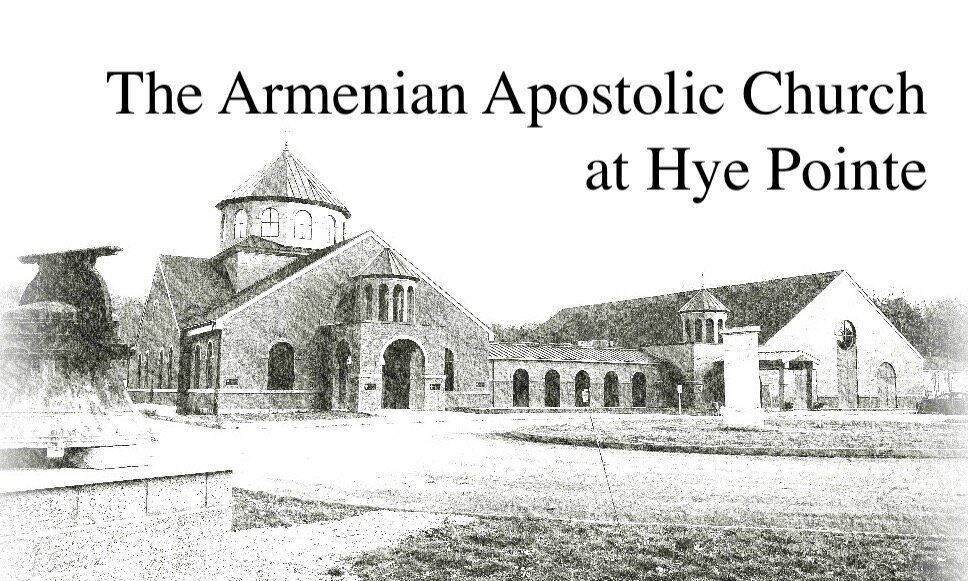Holy ORDINATION
Ordination of the Holy Orders is one of the important sacraments of the Church. Through ordination, men receive the power and grace to perform the sacred duties of a clergyman of the Church. Ordination is a sacrament by which the Holy Spirit offers the elected person the right to perform the sacraments and to feed Christ's flock.
It is true that by Baptism all Christians are endowed with the "priesthood" of laymen, who have thus the obligation to offer up to God the spiritual sacrifices of thanksgiving, prayers and acts of faith, hope, and charity. But only those men who receive the sacrament of the Holy Orders are clergyman of God in the full sense of the word.
The Sacrament of Ordination is always administered by a Bishop. There are various ranks of clergy within the Church, and consequently, there are various services by which each one of these ranks is granted. However, the one act that is common to all the ranks is the "Laying of the hands" (Tzernatroutiun in Armenian) by the Bishop. By placing his anointed right hand on the ordinate, this continues the unbroken Apostolic succession of authority, granted by the apostles to the first Bishops of the Church, and carried on today through Ordination.
When a deacon is ordained a priest, he is given the power to perform the divine offices and the rituals of the Church, including administering Holy Communion and performing all sacraments (except ordination). During the service, the candidate for the priesthood is anointed with holy chrism (muron) and given a priestly name. This places him in the Apostolic Succession, linking him back to the Apostles Thaddeus and Bartholomew (who brought Christianity to Armenia) and back before them to Christ himself.
For the ordination of any cleric, except a bishop, one bishop is sufficient to administer the Sacrament. The consecration of a Bishop, according to the rules of the Armenian Church, is performed by His Holiness the Catholicos, having at least two other Bishops assisting him at the Ordination. The consent of the laity is expressed formally at the service of Ordination by the choir when they sing: "He is worthy".


